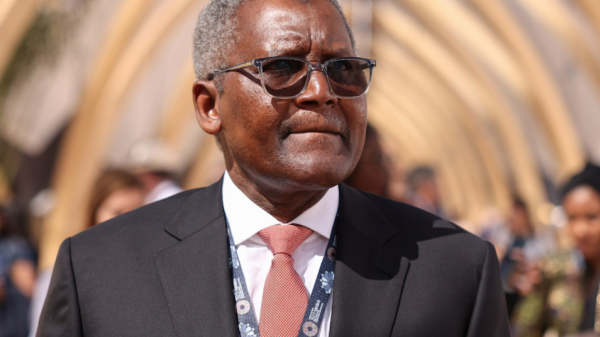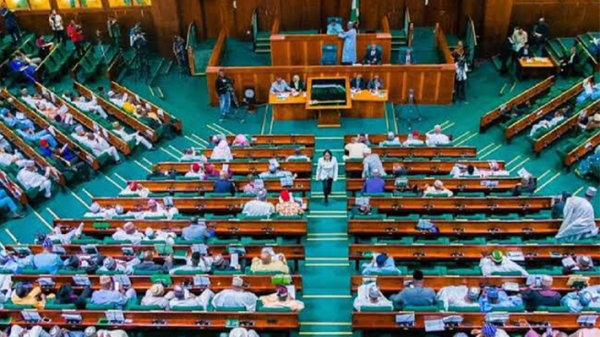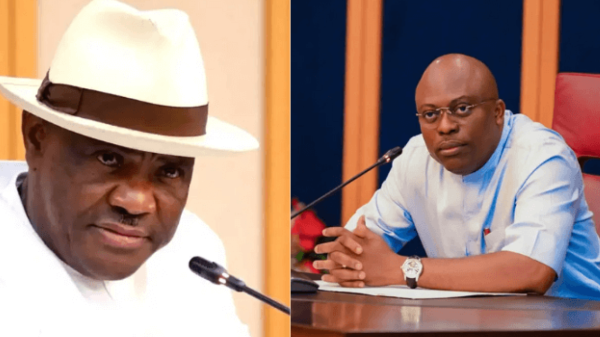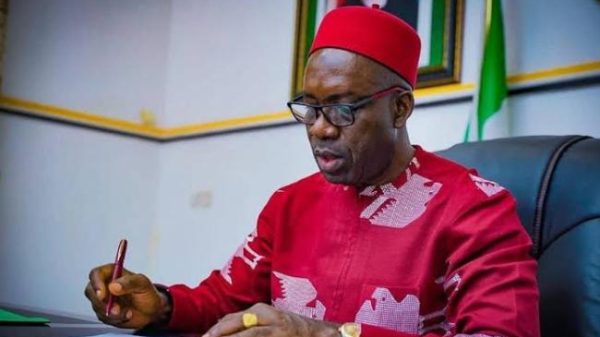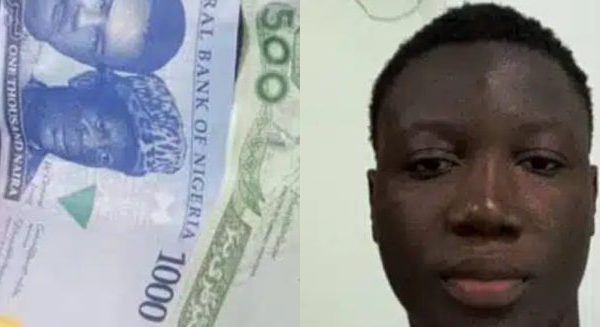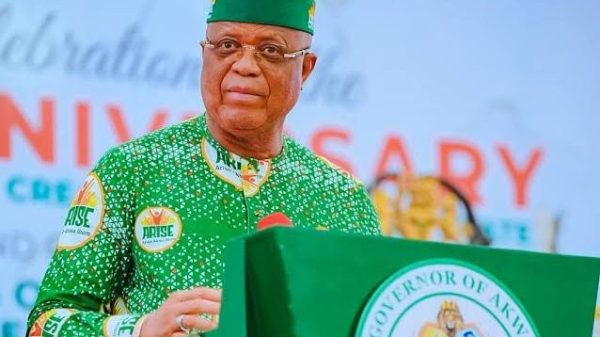In the history of Imo State’s gubernatorial politics, a peculiar trend has emerged: the anointed candidates rarely succeed. Despite political endorsements, party backing, and the supposed influence of power brokers, these candidates often fall short of victory. From the 2007 gubernatorial election to the present, this recurring phenomenon has reshaped the dynamics of leadership succession in the state.
In 2007, Governor Achike Udenwa, nearing the end of his tenure, backed Senator Ifeanyi Ararume of the People’s Democratic Party (PDP) as his successor. However, the race did not go as planned. Despite the strength of the PDP and Udenwa’s support, Ararume’s path to victory was obstructed. The Progressive Peoples Alliance (PPA) candidate, Chief Ikedi Ohakim, emerged victorious with 749,800 votes against Ararume’s 309,273. Ohakim’s unexpected win highlighted the limitations of political endorsements in the face of grassroots movements and voter dynamics.
Chief Ikedi Ohakim’s administration faced numerous challenges during his tenure. As the “anointed one” seeking re-election, he enjoyed the full backing of the PPA and state machinery. Yet, in 2011, his quest for a second term failed. Owelle Anayo Rochas Okorocha, running under the All Progressives Grand Alliance (APGA), defeated Ohakim, signaling another failure of anointed candidates to secure continuity in Imo’s leadership.
Rochas Okorocha defied the odds, securing two terms as governor. However, the trend returned when he attempted to anoint his successor. At the end of his tenure, Okorocha endorsed his son-in-law, Chief Uche Nwosu, as the next governor. Despite Okorocha’s influence and efforts, the 2019 election results told a different story. Emeka Ihedioha of the PDP won the election, leaving Nwosu’s ambitions unfulfilled.
Adding to the drama, internal conflicts within the All Progressives Congress (APC) saw Senator Hope Uzodinma’s faction challenge Nwosu’s candidacy. This discord forced Nwosu to contest under the Action Alliance (AA), weakening his chances further. Ultimately, the disunity within Okorocha’s camp sealed his chosen successor’s fate.
Emeka Ihedioha’s victory in 2019 marked a momentary departure from the curse of the anointed. However, his tenure was cut short by a controversial Supreme Court judgment in January 2020. The court declared Senator Hope Uzodinma, who had come fourth in the election, as the rightful winner. Uzodinma’s rise to power underscored the unpredictable nature of Imo State politics, where judicial decisions could override electoral outcomes.
As Governor Hope Uzodinma’s administration approaches its conclusion, speculation is rife about who he will anoint as his successor. However, history suggests that the governor’s endorsement alone is unlikely to guarantee victory. Imo’s political landscape is characterized by deep-seated rivalries, factional conflicts, and shifting alliances. These forces often conspire against the anointed, making the race for Douglas House as much a test of strategy and resilience as it is of popularity and endorsements.
The consistent failure of anointed candidates in Imo State politics offers important lessons. Political endorsements, while valuable, are not a substitute for grassroots support, strategic alliances, and voter trust. Candidates must navigate a complex web of political interests and power struggles to emerge victorious.
As the 2024 elections loom, those vying for Uzodinma’s endorsement must recognize that the governor’s blessing is not enough. The interplay of various forces within the state’s political ecosystem often determines the ultimate winner.




















